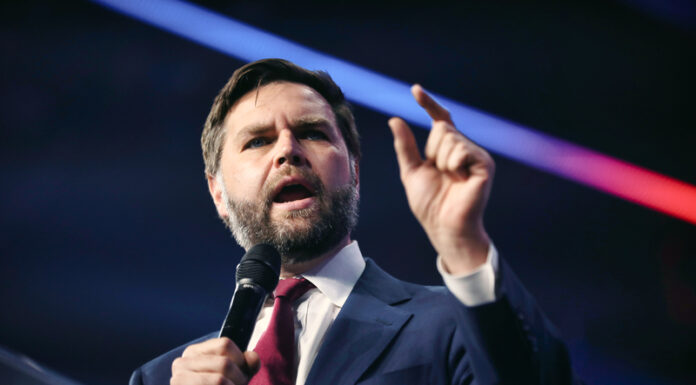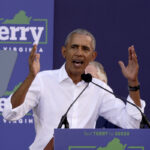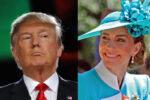Late-night television host Jimmy Kimmel delivered a scathing critique of Vice President JD Vance during his Tuesday night monologue, challenging claims the vice president made while guest-hosting a podcast. The confrontation emerged from comments Vance made on September 16, 2025, while filling in for Charlie Kirk’s show after the conservative activist was killed in Utah the previous week.
During his appearance on the podcast, Vance pointed blame at political opponents, claiming that most extremist violence comes from the far left. Kimmel responded forcefully to these assertions, calling them factually incorrect and challenging Vance’s characterization of political violence in America.
The late-night host directly disputed Vance’s statistical claims, noting that Justice Department conclusions identify the far right as the primary source of domestic terrorism and extremist violence. Kimmel observed that this official report had recently disappeared from the department’s website, adding another layer to his criticism.
Kimmel posed a pointed question to illustrate his argument about political violence: “Who wanted to hang the guy who was vice president before you?” He referenced the January 6, 2021, Capitol attack, asking whether it was liberal leftists or Trump supporters who stormed the building that day.
The exchange occurred against the backdrop of heightened tensions surrounding Kirk’s death and the political responses to it. Vance had used his podcast appearance to make broader claims about political extremism, suggesting that while both sides have problematic elements, the statistical majority of dangerous individuals belong to the far left.
However, Kimmel’s criticism extended beyond just factual disputes. The comedian highlighted what he saw as hypocrisy in Vance’s position, particularly given the historical context of political violence directed at previous administrations and their officials.
The confrontation represents part of a broader pattern of late-night television hosts challenging political figures’ statements. Kimmel has previously taken aim at various political claims, using his platform to fact-check and respond to public statements he considers misleading or inaccurate.
Vance’s appearance on Kirk’s podcast came during a particularly sensitive time, as the conservative activist’s supporters and colleagues were still processing his death. The vice president’s decision to make sweeping claims about political violence during this period drew criticism not only from Kimmel but from other commentators who questioned the timing and accuracy of his statements.
The Justice Department data that Kimmel referenced has been a point of contention in political discussions about domestic terrorism. Federal agencies have consistently identified far-right extremism as a significant threat, though the specific report Kimmel mentioned regarding its removal from government websites adds another dimension to the debate.
Kimmel’s approach to addressing Vance’s comments followed his typical format of combining humor with pointed political criticism. The comedian used the January 6 reference to highlight what he viewed as a disconnect between Vance’s claims and recent historical events.
The timing of this exchange has drawn additional attention given the current political climate and ongoing discussions about political rhetoric and violence. Both sides of the political spectrum have engaged in debates about responsibility for inflammatory language and its potential consequences.
This latest confrontation between Kimmel and political figures continues a trend of entertainment personalities engaging directly with government officials’ public statements. The comedian has built much of his recent content around responding to political developments and challenging claims he considers problematic.
The broader implications of this exchange extend beyond the immediate criticism. It reflects ongoing tensions about how political violence is characterized and discussed in public forums, particularly when high-profile figures make claims about statistical trends and patterns.
Vance’s role as vice president adds weight to his public statements, making them subject to increased scrutiny from media figures and political commentators. His decision to make these particular claims while guest-hosting for Kirk has ensured continued attention to both the substance of his comments and the context in which he made them.
The disappearance of the Justice Department report that Kimmel referenced adds another element to the controversy, raising questions about government transparency and the availability of official data on domestic terrorism trends.
As this story develops, it highlights the complex relationship between entertainment media and political discourse, showing how late-night television has become a significant venue for challenging and examining political statements from high-ranking government officials.








